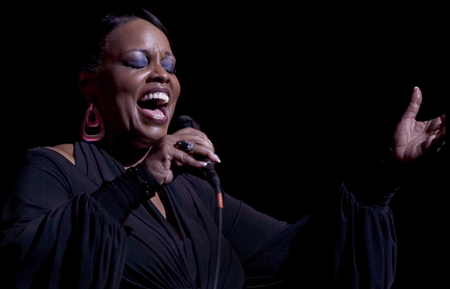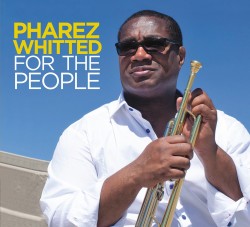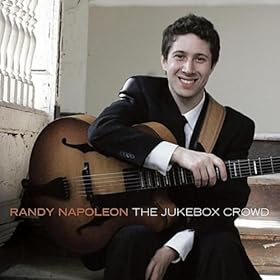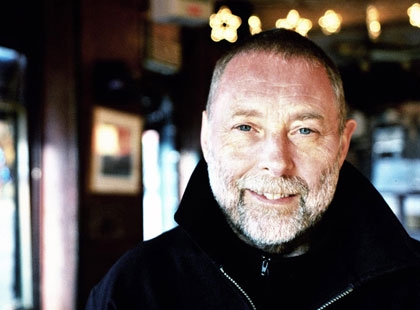 |
| Saxophonist Tony Lustig |
The past three years, the baritone saxophone player Tony Lustig
has put on a holiday show at the Cadieux Café on Detroit’s east side. The show
is jammed every year. Lustig—a Detroiter who now lives in New York and who’s
made a name there—knows how to entertain. He kept the crowd cheery for three
sets with good swing music, and a handful of Christmas classics.
In 2009, Lustig moved to New York. He’s played with some
decorated jazz big bands the Jazz at Lincoln Center Orchestra, Arturo O’Farrill
and the Afro-Latin Jazz Orchestra and the Christian McBride Big Band. Being hooked
up with those big named bands may explain how Lustig has developed such a unique
voice on the baritone sax so fast.
This year, for the annual show, Lustig hired three of Detroit’s top
sidemen drummer Jesse Kramer, bass player Jeff Pedraz, and piano player Mike
Jellick. Lustig’s sets included some familiar jazz gems such as “My Shining
Hour,” “Strollin’,” “Swingin’ at the Haven” and “Hard Times”. Plus, Lustig called
some new cuts from his debut album “Taking Flight” due out next year.
Lustig is a baritone player who climbed the ranks the
old-fashion way. During his early years, Lustig studied with jazz bass player
and educator Rodney Whitaker at Detroit Symphony Orchestra’s Civic Jazz program. (I
first met Lustig there. I was assigned to write about the program for the
weekly newspaper the Metrotimes. Lustig was one of the students I was drawn to.
He was a mature teen, and I felt Lustig would be a special player someday).
After his run with Civic Jazz, Lustig joined Whitaker at Michigan
State University. Whitaker runs the jazz studies program there, and Lustig
was a prize recruit. A big part of Lustig’s seasoning was studying the great
baritone sax players Gerry Mulligan, and Pepper Adams.
Lustig can make the baritone sound like a tenor sax, which he
told me after the first set he’s been trying to perfect for some time now. Well
Sunday night’s show proved Lustig has it down pat.
Being backed by Kramer, Pedraz, and Jellick made it all the more
real. Lustig blew every note with a keen sense of tailoring. His working in big
bands has imbued the value of teamwork. Lustig is no ham. He shared the spotlight
with his sidemen.
They showed their thanks playing outstanding solos, particularly
Pedraz who style called to mind the great Cameron Brown. The first-call drummer
Jesse Kramer isn’t big on being out front. But when Kramer took a few solos, they
were well-developed like a pro bodybuilder's calf muscles..
Jellick, a bandleader who runs the Wednesday night session at
the Northern Lights in mid-town Detroit, never showed any signs of battle fatigue.
Friday, Jellick premiered his arrangement of the “The Nutcracker Suite” at the Detroit Institute of the Arts. Saturday, evening he played it again at Cliff Bell’s. Reasons enough to give his A game the night off. If Jellick was fatigued, somehow he found the resolve to recharge his A game. Jellick was by Lustig's side on every number.
Lustig has put in hard work, and this annual show, which felt like a community gathering, in three years has become a major happening.
Friday, Jellick premiered his arrangement of the “The Nutcracker Suite” at the Detroit Institute of the Arts. Saturday, evening he played it again at Cliff Bell’s. Reasons enough to give his A game the night off. If Jellick was fatigued, somehow he found the resolve to recharge his A game. Jellick was by Lustig's side on every number.
Lustig has put in hard work, and this annual show, which felt like a community gathering, in three years has become a major happening.
























